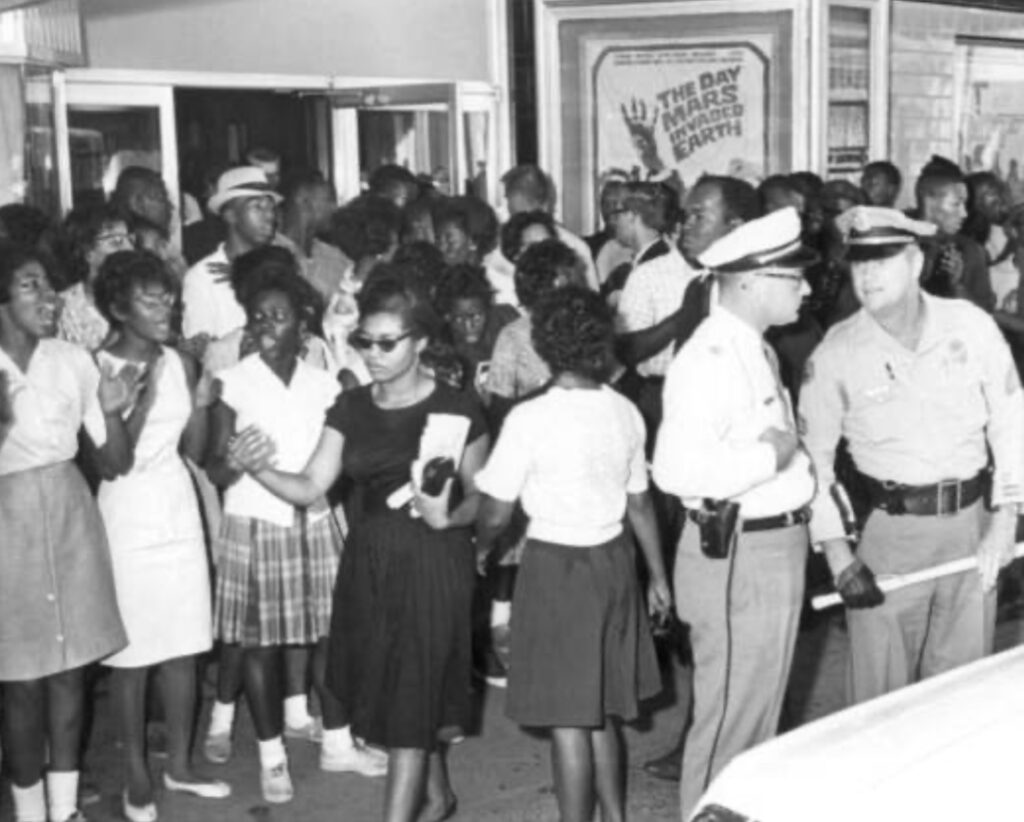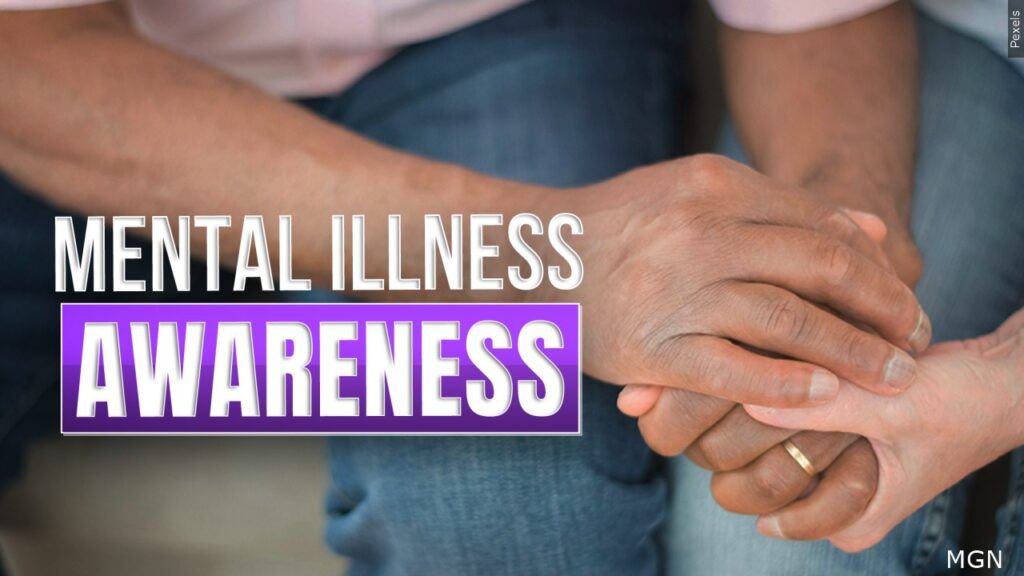The Apology: But where is the action?
In a recent move by Leon County commissioners, including Rick Minor and Brian Welch, an apology was issued for the county’s history of slavery, coinciding with Tallahassee and Leon County’s bicentennial celebrations.
This gesture, as highlighted by Yahoo News, is seen as an acknowledgment of past racial injustices, indicating a shift towards recognizing and addressing these historical issues. However, the effectiveness of such an apology in truly addressing the deep-seated consequences of slavery is a matter of debate.
The move by the commissioners, while a commendable acknowledgment of the past, raises critical conversations about the effectiveness of apologies in remedying historical wrongs.
As Tallahassee Reports indicates, Commissioner Bill Proctor led the proposal for the apology, citing the importance of official acknowledgment of past atrocities. Yet, this action brings to the forefront a broader debate on whether apologies, without accompanying substantial actions, are sufficient in addressing the systemic legacies of slavery and racial discrimination.
Amplified Voices: FAMU Students’ Critical Perspectives on Racial Justice
The apology has prompted a unified response from students at Florida A&M University, a Historically Black College and University directly affected by the legacy of segregation and racism.
These students, with their unique perspectives shaped by their educational and cultural experiences, have voiced a common sentiment, which is the need for action beyond apology. This gesture resonates significantly with HBCU students, who live and study in the shadow of this history, bringing into focus the ongoing conversation about how historical apologies are perceived and the actions that need to be followed for genuine reconciliation and healing in the county.
Aja Waseem, a broadcast journalism scholar at FAMU and student podcaster, voiced skepticism about the depth of the apology.
“It is a starting point, but that’s essentially what it just is, a starting point. What we are looking for now is what they are going to do from this starting point because the starting point will not get you to the finish point.” Waseem said. “The actions between will.”
Tiffany Herman, a Public Relations scholar at FAMU student, questioned the necessity of the apology.
“There are better proactive ways to support the black community rather than issuing an apology,” Herman said.
Reflecting on the recent political decisions affecting diversity, Waseem added more to her statement.
“Honestly, their apology is BS because of the recent bill that passed. As commissioners, what are [you all] doing to fight for us?” Waseem said.
Kiana Simmons, sharing similar sentiments, remarked on the continuing impact of racism.
“Racism is something that Black people have experienced and still experience to this day, and to try and apologize for something that the county did in the past is useless to me,” said Simmons.
These FAMU students are calling for concrete changes and actions, underlining the necessity for more than just words, as Waseem put it.
“I would like to see more funding in schools in the county that are underfunded, especially community schools that are black,” said Waseem. “We need more funding in them, scholarship funds, more money for the teachers and professors, more building for free psychology assessments and therapy because, in the black community, we face generational traumas.”
Advocating for Change: FAMU’s Call for Action
Herman, Waseem, and Simmons, representing the FAMU student body, advocate for meaningful action beyond just acknowledgments of past injustices like slavery. They emphasize that while such acknowledgments are necessary, without concrete actions, they feel inadequate and leave students feeling unheard.
Highlighting the ongoing trauma in the Black community, known as ‘post-traumatic slave syndrome,’ they underscore its impact. This syndrome, as detailed in Sharp HealthCare’s article, involves multigenerational trauma from centuries of slavery and ongoing racism. With symptoms akin to PTSD but distinct in its racial context, it highlights the urgency of addressing these deep-seated issues in the African American community.
Despite the formal the county still faces ongoing challenges related to racial issues. The demographic makeup of Leon County, as detailed by Best Neighborhood, reveals that the county is predominantly white, constituting 52.9% of the population. Additionally, there are significant Hispanic (7.0%) and Black (32.9%) populations. This demographic distribution is a crucial factor in understanding the current racial dynamics and issues within the county.
The predominance of one racial group, coupled with the minority status of others, often gives rise to complex social and economic disparities. These disparities can manifest in various sectors including education, employment, healthcare, and housing.
The voices across the train tracks in Leon County, particularly from students at FAMU, echo a deep historical and present divide. The train tracks, as explored in WFSU Public Media’s “Not So Black and White,” represent not just a physical barrier but a symbol of the longstanding segregation between Black and white communities.
In the wake of Leon County’s apology for slavery, these students are asserting the need for action that goes beyond symbolic gestures. Their response to the apology is a clear call for tangible steps towards addressing and healing the racial disparities that have been perpetuated throughout history stemming from slavery.













